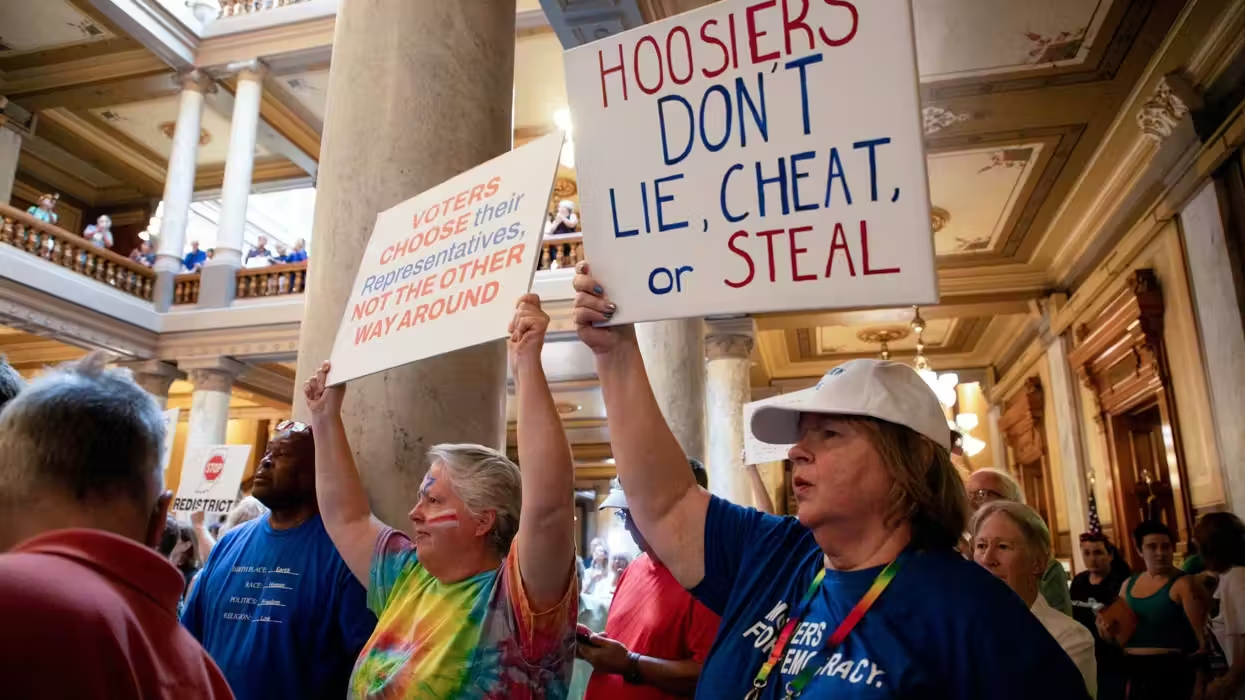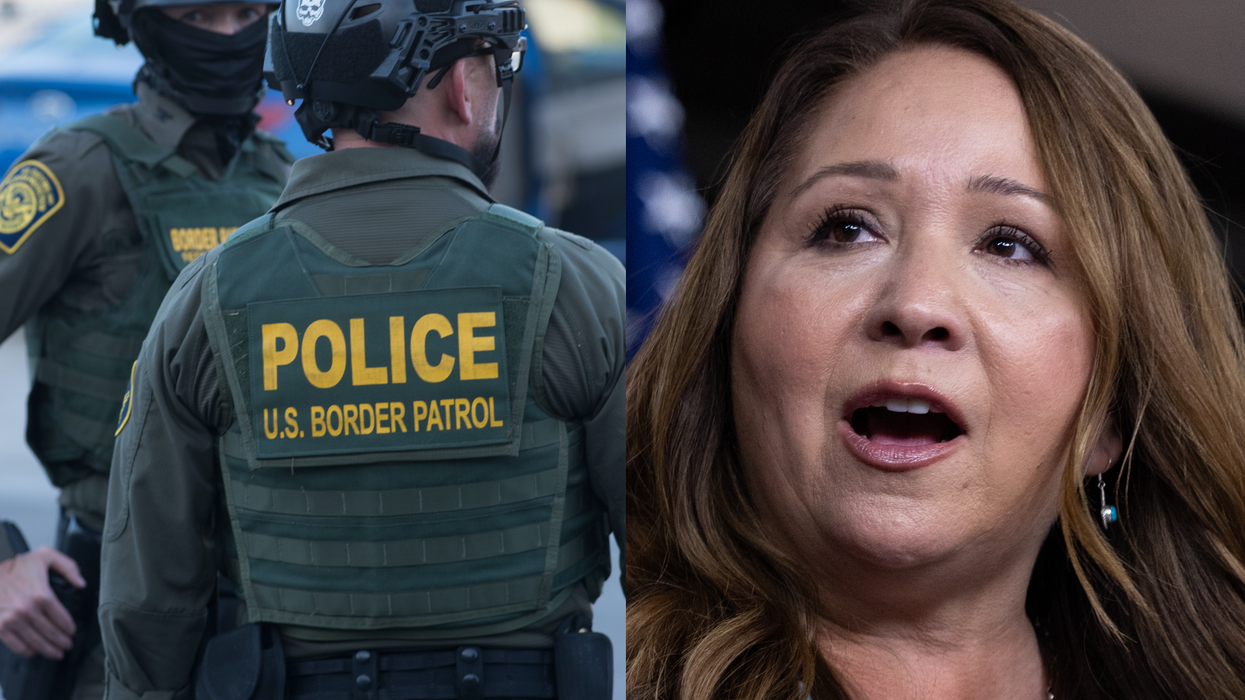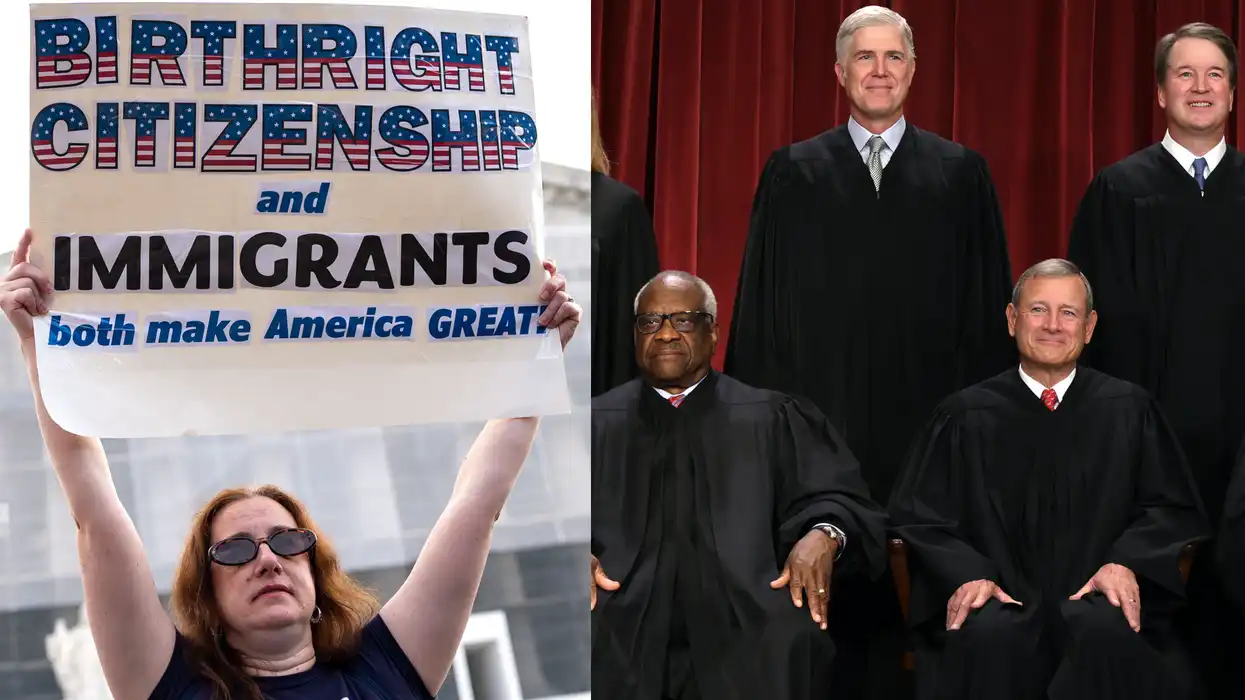
© 2025 Blaze Media LLC. All rights reserved.
Real News From The Blaze' Reviews Cyber Intelligence Sharing and Protection Act
April 26, 2012
The House ignored Obama administration objections Thursday and approved along party lines the Cyber Intelligence Sharing and Protection Act (CISPA), which is aimed as an initial initial step to help stop electronic attacks on critical U.S. infrastructure and private companies by terrorist threats.
The Associated Press notes that the act would encourage companies and the federal government to share information collected on the Internet to prevent electronic attacks from cybercriminals, foreign governments and terrorists.
The president has threatened a veto of the House bill, preferring a Senate measure authored by Sen. Joe Lieberman that would give the Homeland Security Department the primary role in overseeing domestic cybersecurity and the authority to set security standards. The White House argues that the House bill would put Americans’ privacy at risk and give a pass to companies that fail to secure their computer networks.
The Washington Post notes that advocates of the bill say the exchange of information could help companies improve their defenses against attacks. The bill's sponsors added an amendment Thursday to address privacy concerns that limits the government's use of threat information to five specific purposes: cybersecurity; investigation and prosecution of cybersecurity crimes; protection of individuals from death or serious bodily harm; protection of minors from child pornography; and the protection of national security.
The vote comes as the Washington Times reports security specialists met with Congress Thursday to discuss a "hacker army" that Iran is recruiting to target the U.S. power grid, water systems and other vital infrastructure.
"Real News" opened Thursday breaking down CISPA, debating whether the privacy concerns surrounding the bill outweigh the posible threat, and what threat does the United States really face from cyberspace.
The Blaze's National Security Editor Buck Sexton commented that independent hackers can cause a lot of damage as it is, and with the backing of a sovereign nation can be an even scarier threat. However, Sexton noted that the way the bill is now, opens the door for substantial privacy risks that should concern the public.
"You have Democrats that are pushing some versions of the bill, you have Republicans pushing some versions of the bill, and I think in the background-- your average American citizen should be worried about this because this is really, ultimately about control, and how much control you want to give the government because of a theoretical, but real threat."
Amy Holmes noted the irony in the sides on the CISPA debate, with the White House raising attention to privacy concerns and Republicans favoring government involved in private business for security.
Want to leave a tip?
We answer to you. Help keep our content free of advertisers and big tech censorship by leaving a tip today.
Want to join the conversation?
Already a subscriber?
more stories
Sign up for the Blaze newsletter
By signing up, you agree to our Privacy Policy and Terms of Use, and agree to receive content that may sometimes include advertisements. You may opt out at any time.
Related Content
© 2025 Blaze Media LLC. All rights reserved.
Get the stories that matter most delivered directly to your inbox.
By signing up, you agree to our Privacy Policy and Terms of Use, and agree to receive content that may sometimes include advertisements. You may opt out at any time.






